We recently connected with Dana L Cox and have shared our conversation below.
Dana L, appreciate you joining us today. What’s something you believe that most people in your industry (or in general) disagree with?
I don’t believe you have to sacrifice yourself to be successful.
That statement alone challenges the core of how many industries operate. We’ve been conditioned to believe that stress is required, that burnout is just part of the job, and that loyalty means staying silent while you suffer. I used to believe that, too, until it nearly cost me everything.
I was leading global teams, generating billions in impact, and still crying in my car between meetings. I was managing crisis after crisis, all while grieving the loss of my son. In the quiet moments, I started asking myself the question no one talks about: What is the actual cost of this version of success?
I’ve lived the high-functioning burnout. I’ve coached clients who are brilliant on paper but feel invisible in the room. And I’ve seen what happens when people realize they’ve built careers that look good but don’t feel good.
That’s why my work exists. To remind people that they don’t have to trade their peace for a paycheck. That they can lead, earn, and rise without abandoning themselves.
Most people are still being taught how to play the game. I teach my clients how to own the room, name their value, and create careers that feel aligned, well-compensated, and rooted in clarity.
You don’t need to earn rest. You don’t need to prove your worth. You need to remember who you are and move with the confidence of someone who is already enough.
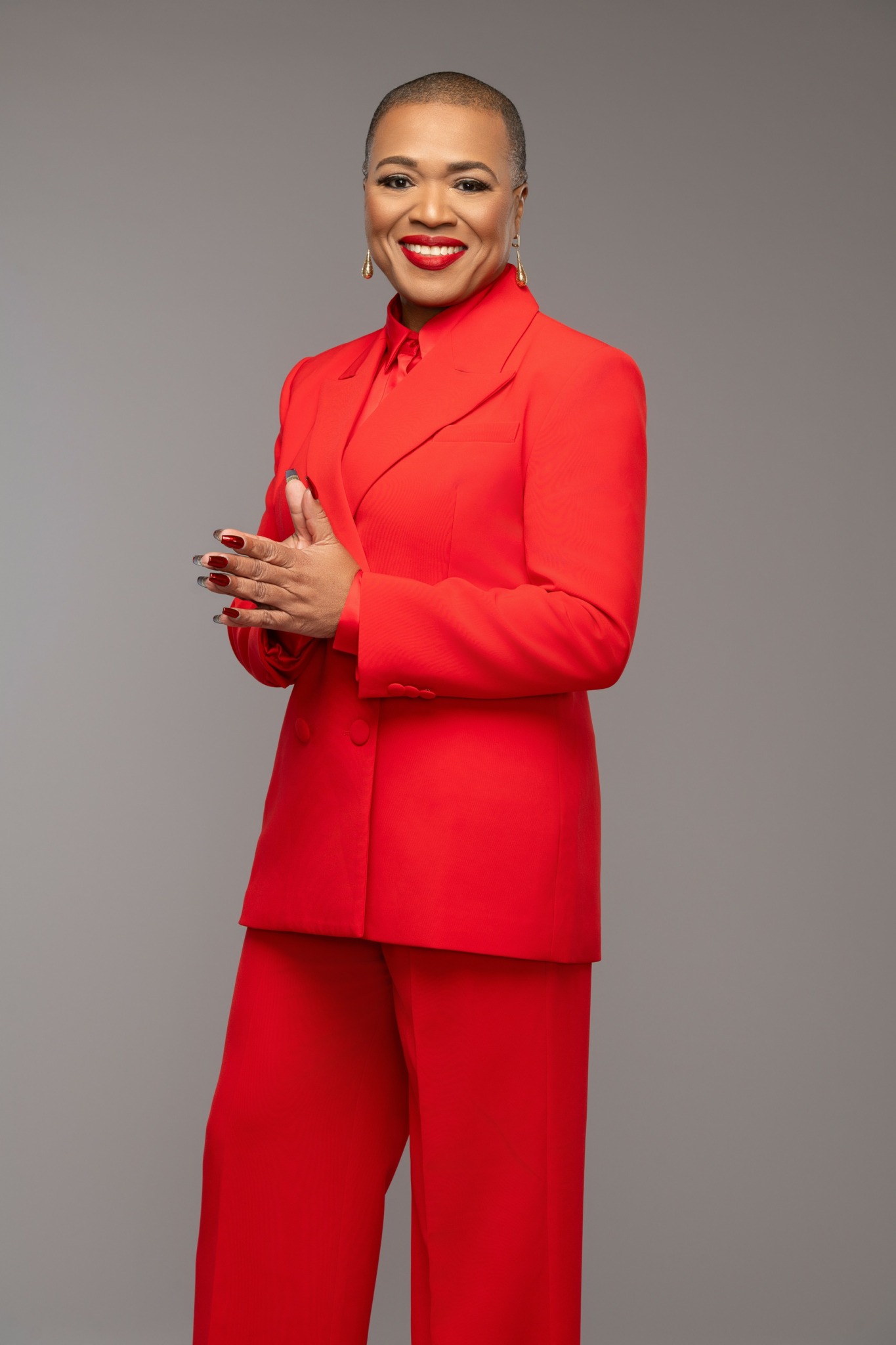
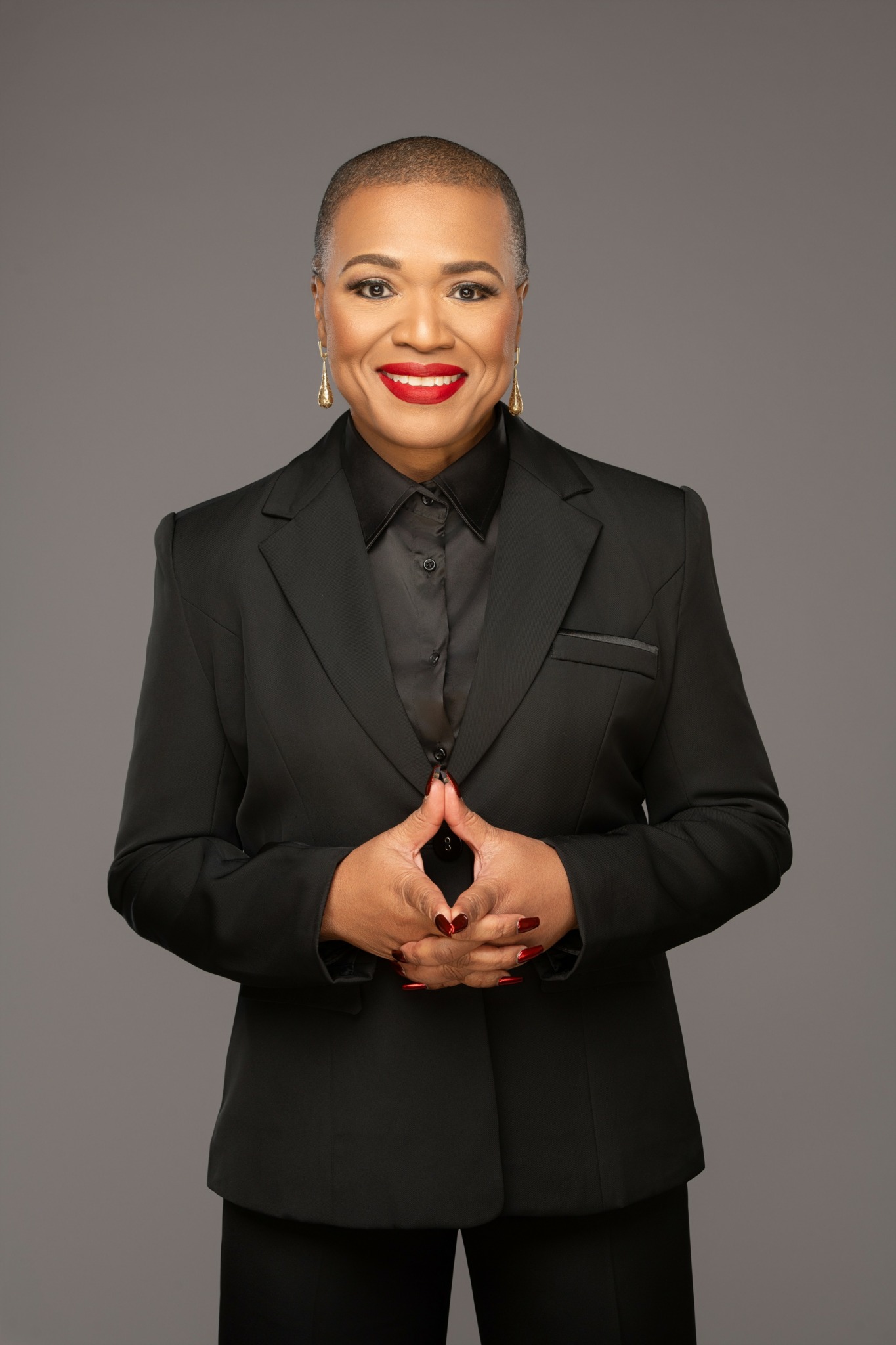
Dana L, love having you share your insights with us. Before we ask you more questions, maybe you can take a moment to introduce yourself to our readers who might have missed our earlier conversations?
My name is Dana L. Cox, and I equip high-achieving professionals and organizations to get positioned, promoted, and paid. My work sits at the intersection of performance, purpose, and power because success should feel as good as it looks on paper.
But that belief didn’t come from a book or a podcast. It came from sitting in my car one night, after leading a high-stakes global project, wondering how I could feel so empty while achieving so much. I was grieving the loss of my son. I was navigating corporate politics with a straight face and a shattered heart. At that moment, I realized that no amount of strategy or title could fix a life that was silently unraveling.
My path wasn’t handed to me. I earned every step. I was an 18-year-old single mother working full-time, juggling a part-time job, and attending school in an accelerated weekend program. I know what it means to build while exhausted, to lead while invisible, and to succeed in systems that weren’t built with you in mind.
Over the past 30 years, I’ve climbed from executive assistant to Senior Vice President at Mastercard, leading global teams and driving over $850 billion in impact. I’ve built innovation hubs, launched strategic programs across fintech and customer delivery, and developed leadership pipelines. But underneath every win was a deeper question: How do we redefine success in a way that doesn’t cost us everything?
That question shaped the foundation of my coaching and consulting firm, FIX Coaching & Consulting.
Today, FIX partners with individuals and organizations to solve a core issue: high performance without sustainability leads to high turnover, missed opportunities, and a loss of culture. Our Positioned to Paid™ Framework equips leaders and teams to clarify their value, communicate their expertise, and increase both internal mobility and external impact.
We offer online courses, executive coaching, and intensive training experiences for professionals that support career acceleration, salary strategy, and visibility. For companies, we provide consulting, leadership development, and retention-focused solutions designed to cultivate top talent from the inside out.
What sets FIX apart is our no-fluff approach. We lead with strategy, but never forget the soul. We go beyond theory to address the human cost of disconnection, burnout, under-recognition, and impostor fatigue. Because the truth is, people don’t just want to be successful. They want to be seen. They want their work to matter and their well-being to be protected.
Our clients walk away with stronger voices, clearer direction, and sustainable strategies aligning with business outcomes and personal well-being.
I’m proud of the results we’ve delivered, but I’m even more proud of the mindset shifts that happen along the way. When a client goes from “I’m lucky to have this job” to “They’re lucky to have me,” that’s the win. When a team starts honoring human capacity as much as productivity and builds a culture that attracts and retains top talent, that kind of leadership shift sticks; that is precisely what we’re here to create.
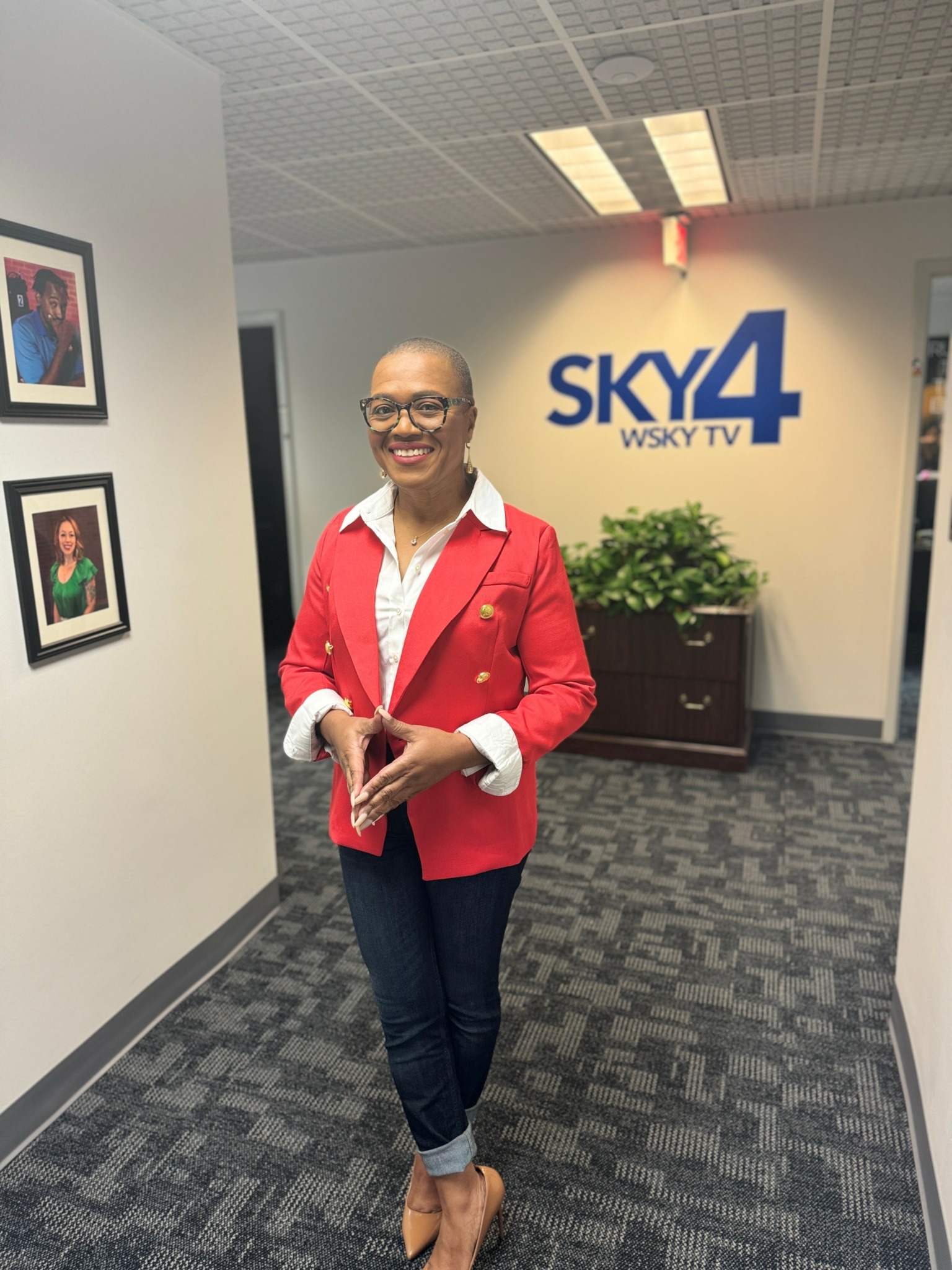
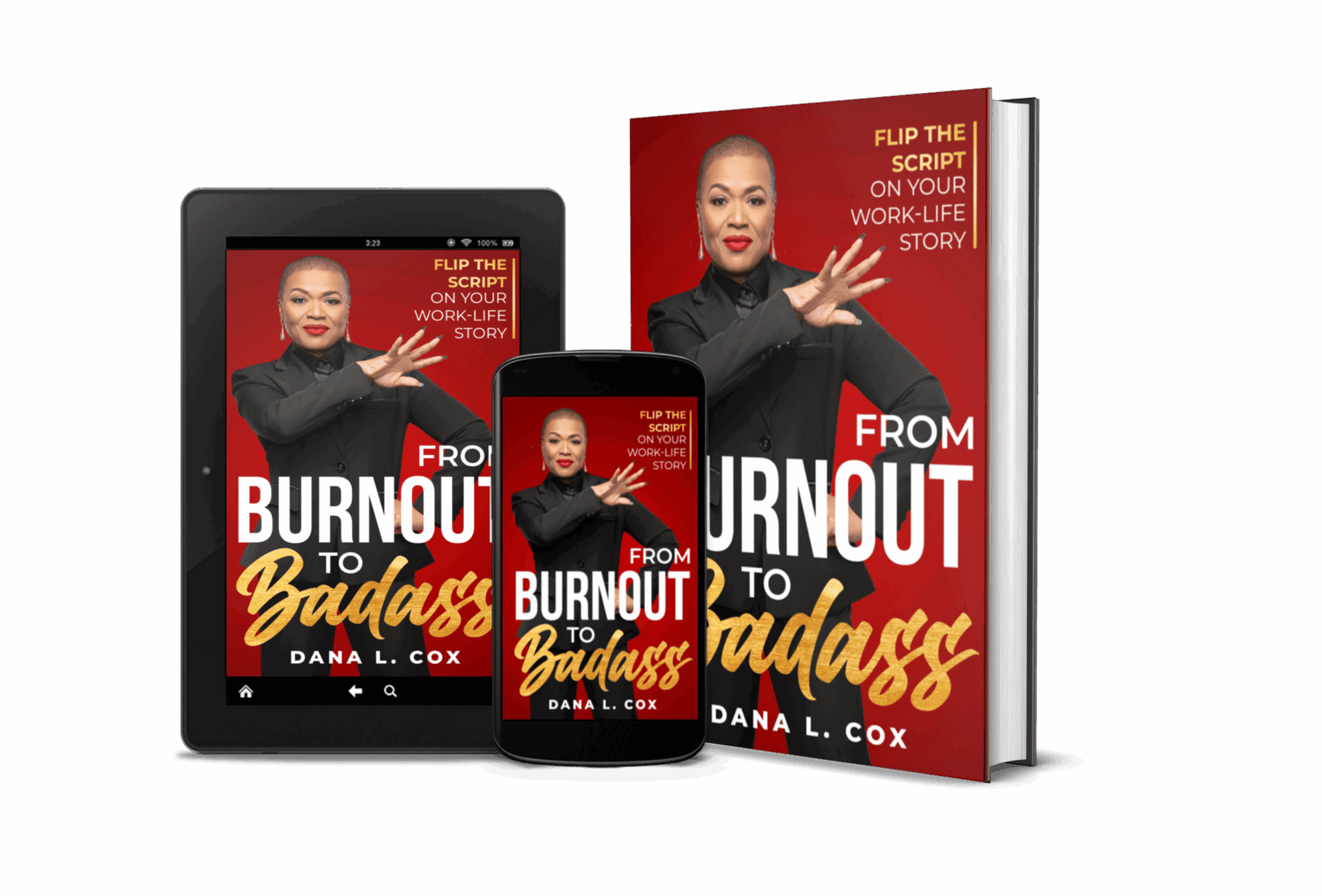
Can you share a story from your journey that illustrates your resilience?
I’ve had to be resilient more times than I can count. But one of the moments that genuinely tested everything I believed about strength, leadership, and identity was the year I lost my son.
I was still in the corporate world, leading high-performing global teams, running multi-million-dollar portfolios, and mentoring executives across the company. From the outside, I looked like the woman who had it all together. But behind the scenes, I held grief in one hand and strategy decks in the other.
I remember sitting in my car before a team meeting, wiping tears from my face, and walking into the room like nothing was wrong. I was silently managing deliverables, stakeholder pressure, and personal devastation. That’s the part of resilience people don’t talk about; the quiet moments where you hold yourself together so other people don’t fall apart.
But I remember catching my reflection in the kitchen window one night. I was doing everything I was told to do, including getting my degrees, career, and parenting, but I lost myself. That was my wake-up call.
I learned in that season that resilience isn’t just about pushing through. It’s about telling yourself the truth. It’s about permitting yourself to be human, even when the world expects performance.
That season stripped me down to the core, but it also revealed the unshakable parts of me: my values, purpose, and calling to help others rise without being superhuman. They can acknowledge their pain, experience struggle, and still be brilliant, an asset, and enough.
Resilience is about building a life that honors your full humanity, including the parts of you that have been through hell and still showed up anyway.
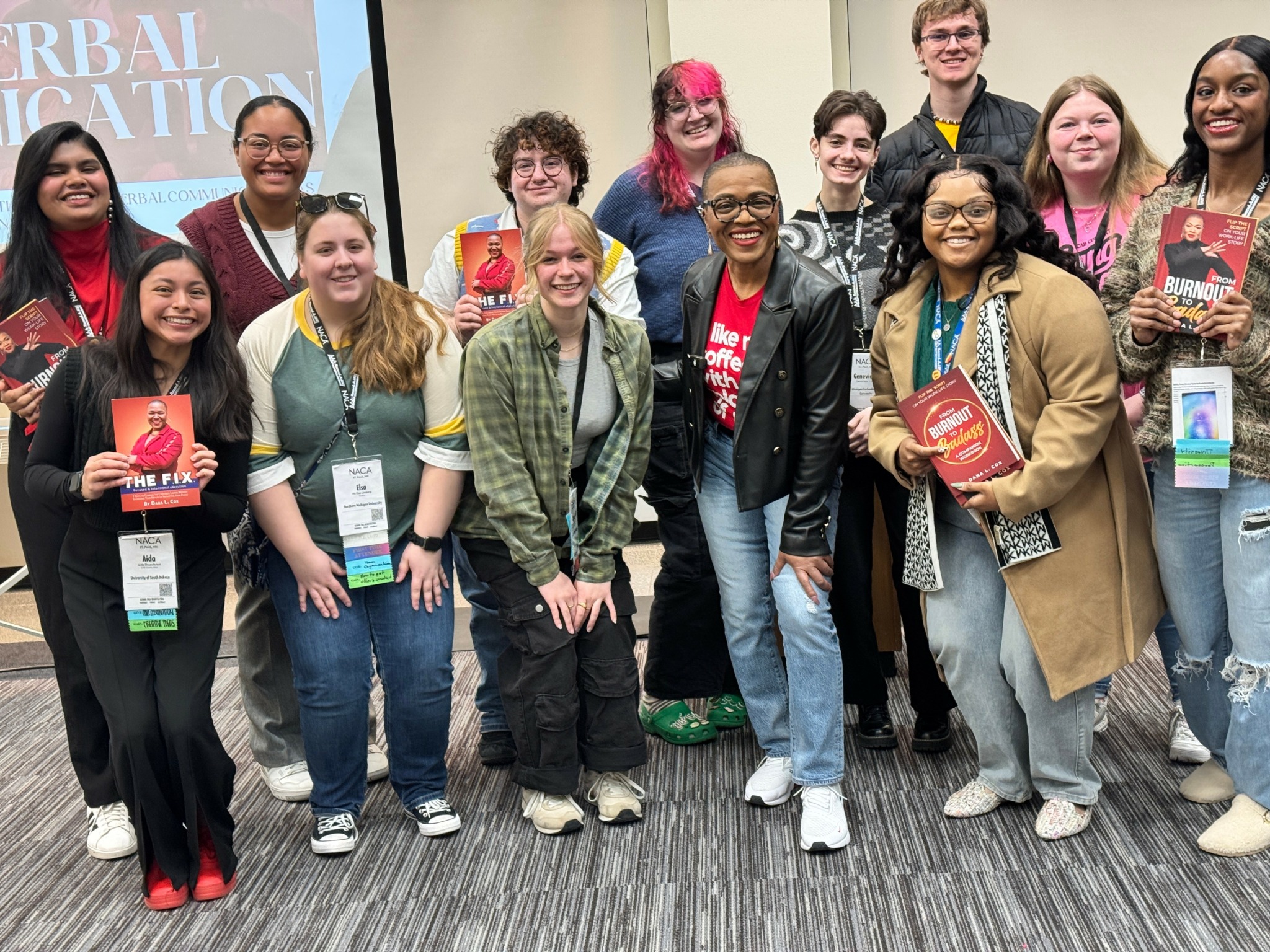
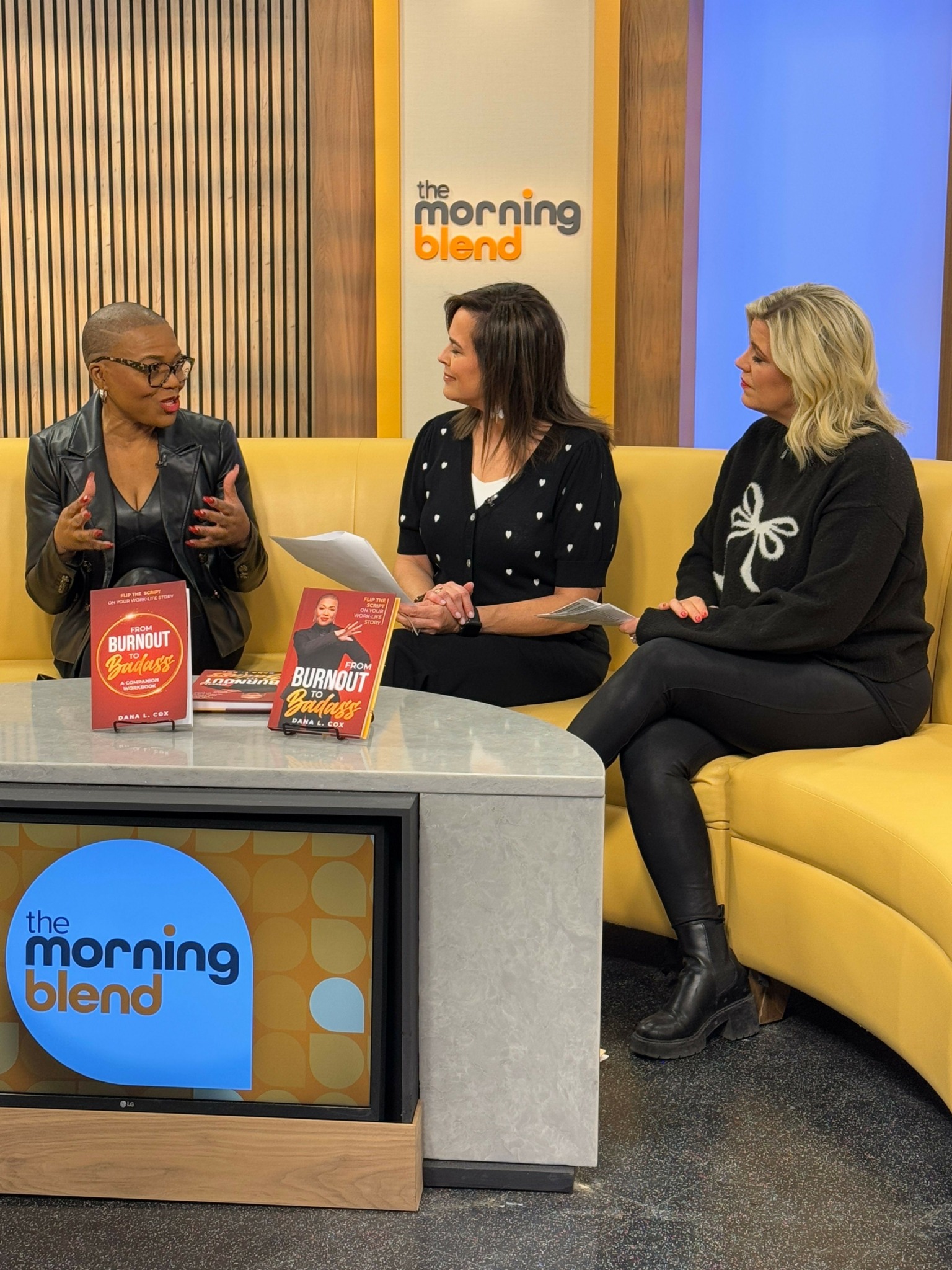
Do you have any insights you can share related to maintaining high team morale?
Managing a team well starts with one simple truth: people are not machines. You cannot grind excellence out of people. You cultivate it by creating an environment where they feel safe, seen, and supported to show up fully.
I’ve led global teams through high-stakes pressure, restructuring, and rapid innovation. I’ve built onboarding systems, trained directors, launched leadership programs, and created customer success teams from scratch. I’ve watched what happens when people are empowered, and what happens when they’re ignored.
The teams that thrive don’t just have performance goals. They have psychological safety.
High morale doesn’t come from a bonus or a catered lunch, although those things certainly don’t hurt. It comes from clarity, consistency, and care. People need to know what’s expected of them. They need to know their work matters. And they need to know they matter.
One of the most impactful things I ever implemented was a rhythm of pulse checks. These weren’t performance reviews. They were intentional check-ins about the person, team dynamics, and how people were really doing. When you lead with curiosity and humanity, you build trust, which fuels retention.
And sometimes that trust starts with you. Leaders who are willing to say, “I don’t have all the answers, but I’m listening,” create space for others to contribute, take risks, and feel safe showing up fully. Vulnerability isn’t weakness. It’s an invitation to co-create something stronger.
I became the leader I wish I had; the kind who didn’t just track deliverables but saw the person behind the performance.
And I carry that into my work today. Whether I’m coaching an individual or consulting inside an organization, the message is the same: don’t confuse productivity with morale. A burned-out team can still hit numbers for a while. But if you want sustainable excellence and a culture that attracts top talent, you have to invest in human capacity.
That’s where retention lives. That’s where innovation thrives. That’s how you lead in a way that lasts.
Contact Info:
- Website: https://www.danalcox.com
- Instagram: https://www.instagram.com/danabrowncox/
- Facebook: https://www.facebook.com/dana.browncox
- Linkedin: https://www.linkedin.com/in/danalcox
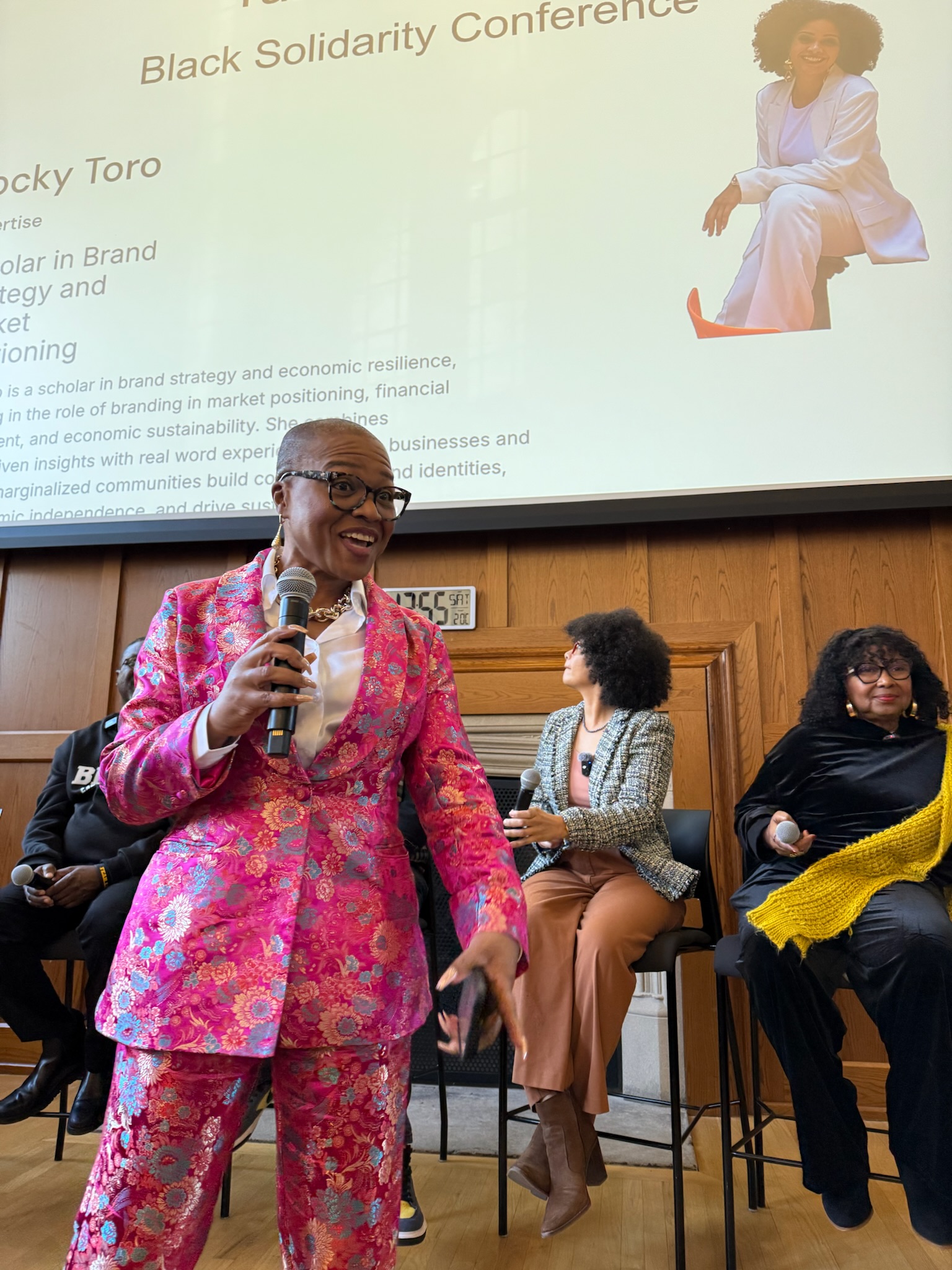
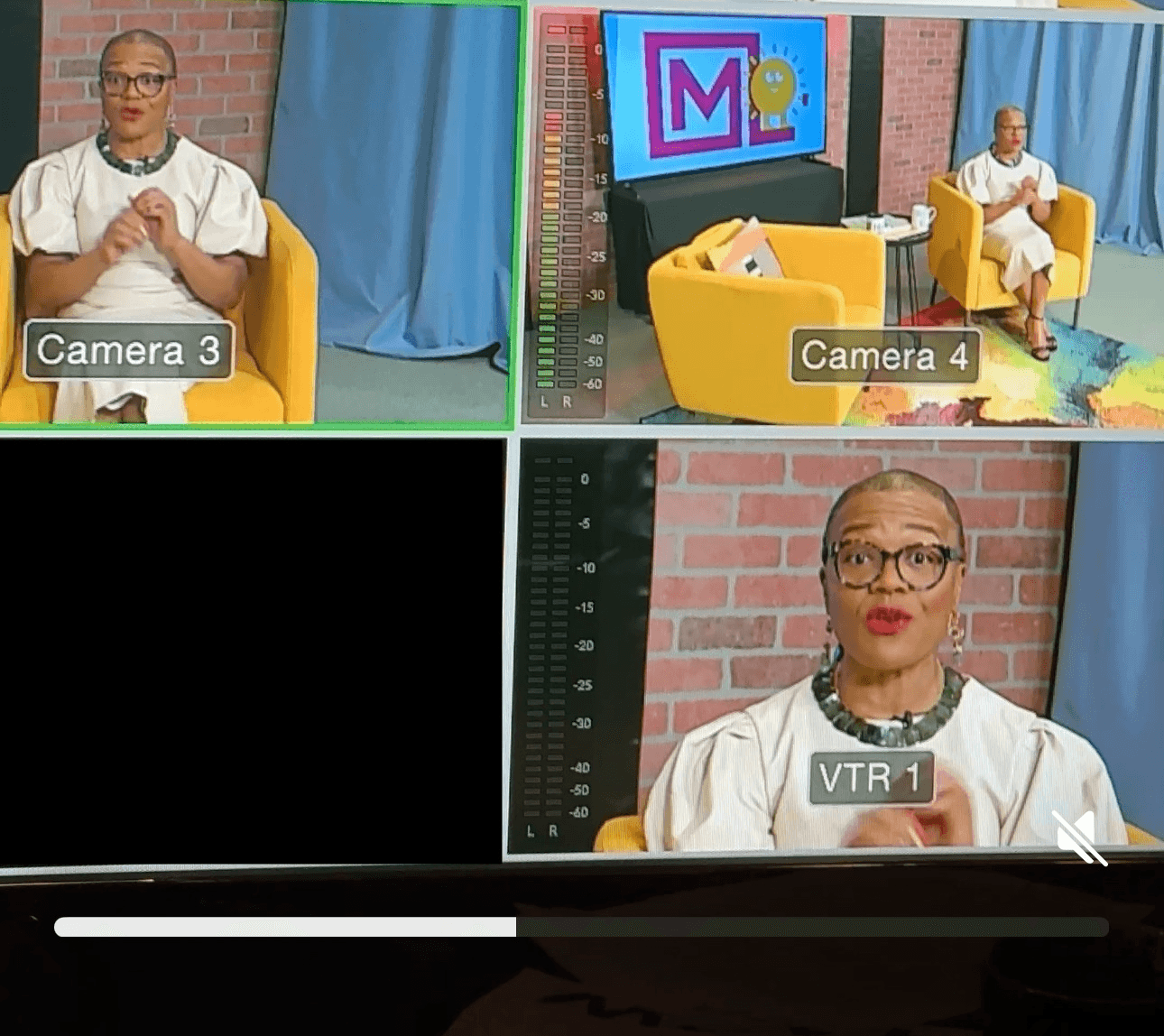
Image Credits
For the photos of Dana in Red and Black Suits = Photography by Jason McCoy Photography


